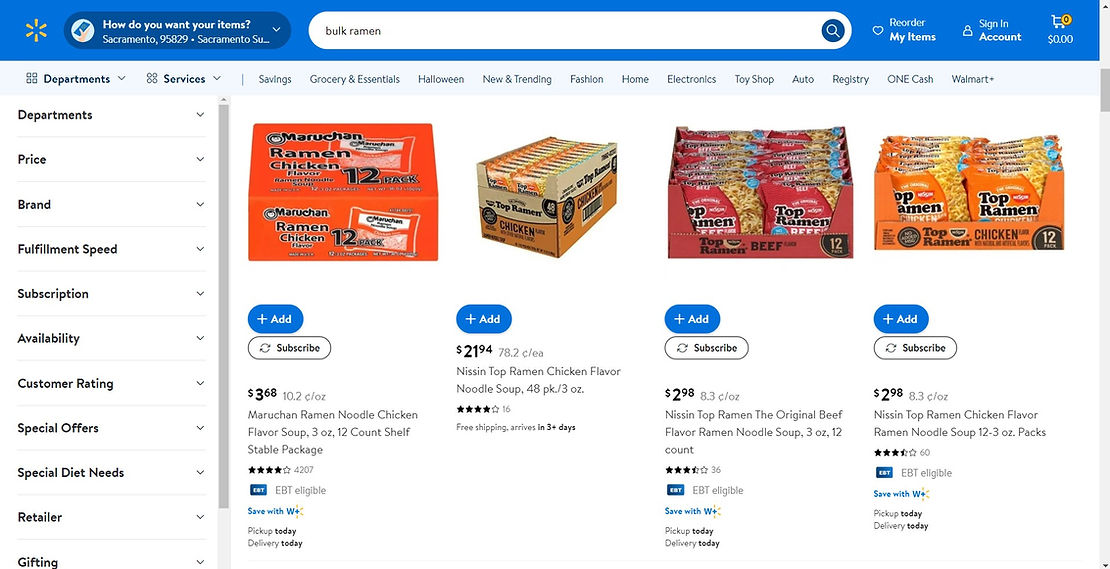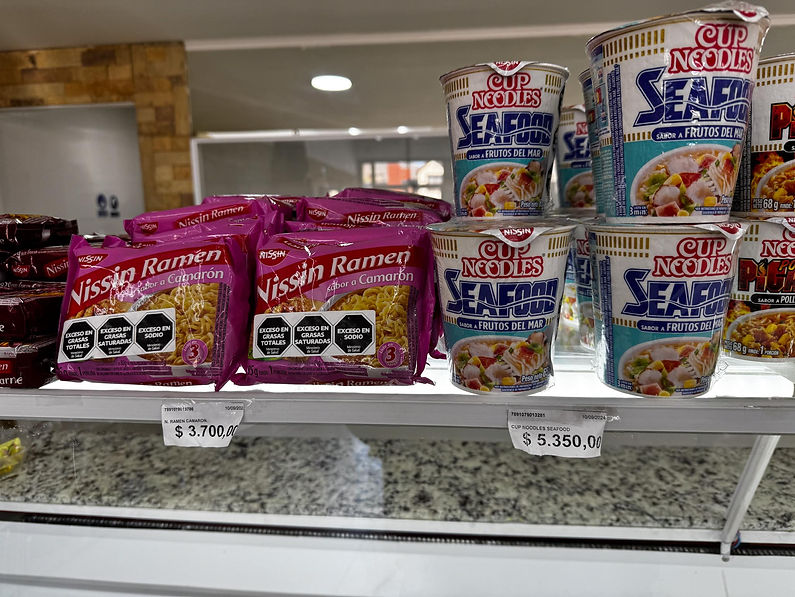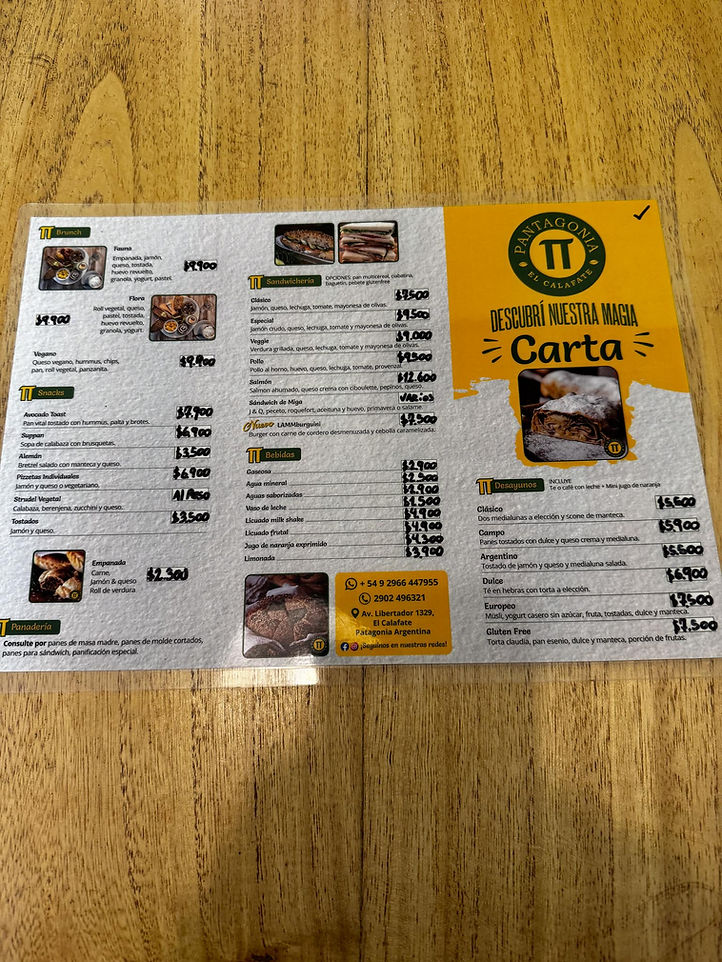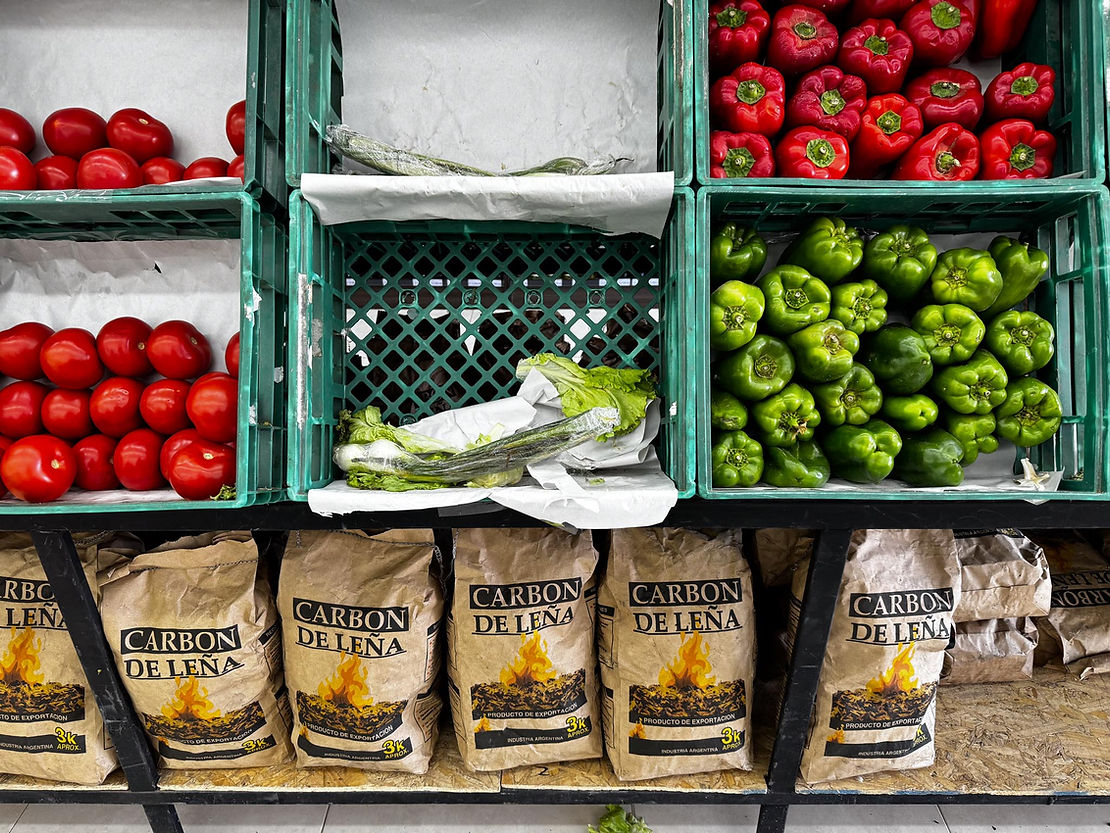
WARNING: The following essay has been designed to make you extremely bored. Spontaneous death and passing out may occur.
Inflation is the measure of how expensive goods or services have become over a certain time frame – usually a year. It can be a more general measurement, such as the cost of living in a country, or it can be more specific, like the price of bike parts.
Low inflation means that prices are increasing slowly, while fast inflation means that prices are increasing quickly. The opposite of inflation is deflation, which is when prices decrease and purchasing power increases.
Inflation in the U.S. was at an average of 1.61% per year from 2014 to 2020, before skyrocketing to 7% in 2021. However, the inflation has slowly decreased back to 2.4% this year. This high inflation was reflected in most countries and was caused by rising oil prices and global demand shocks, such as supply chain failures through the Covid 19 pandemic.
If you think that 2 years of high inflation is bad, then you should take a look at Argentina’s financial situation. Our recent highest inflation rate is 7%, while in April in Argentina, inflation was at 292.2%. Their inflation rate is going up so fast that it is no longer measured by year; it is measured by month. A paycheck in Argentina could be enough to buy a week of food today, but by next month it might only buy 3 days of food.
This inflation is causing huge problems for thousands of Argentinians who can’t pay their bills or feed their families. The inflation has slowed down, but this provides next to no help for workers and their families because the inflation is still over 200%. The inflation got so high in the first place because between 1990 and 2020 the Argentinian government nearly quadrupled the amount of money in circulation.
The current Argentinian president, Javier Milei, has been fighting to bring down inflation in Argentina. He has done this by devaluing the national currency against the U.S. dollar by 50%, making export prices cheaper and more competitive, but making imports even more expensive. He has also slashed government spending by cutting pensions and soup kitchen aid and stopping all government funded projects. He has also fired thousands and thousands of government employees. This has helped bring down inflation but it has also put the poverty rate at 57% meaning that over 27 million Argentinians are now living in poverty.


The inflation has made things incredibly expensive and they get pricier by the day. We have noticed that restaurants are a fortune to eat at, and things that are usually cheap like hot chocolate now cost as much as an entire one person meal in Peru or Chile. We have also noticed that frequently prices are not posted or are written on stickers or with dry erase markers so that it is easier to change the price when it becomes too low to make profit.

In conclusion, inflation is when stuff gets more expensive. It is a problem because if stuff is more expensive, then it is more expensive and people can’t buy it.
There you go. The most boring essay possible, complete with fancypants conclusion.
I hope you found it excruciating to read.


